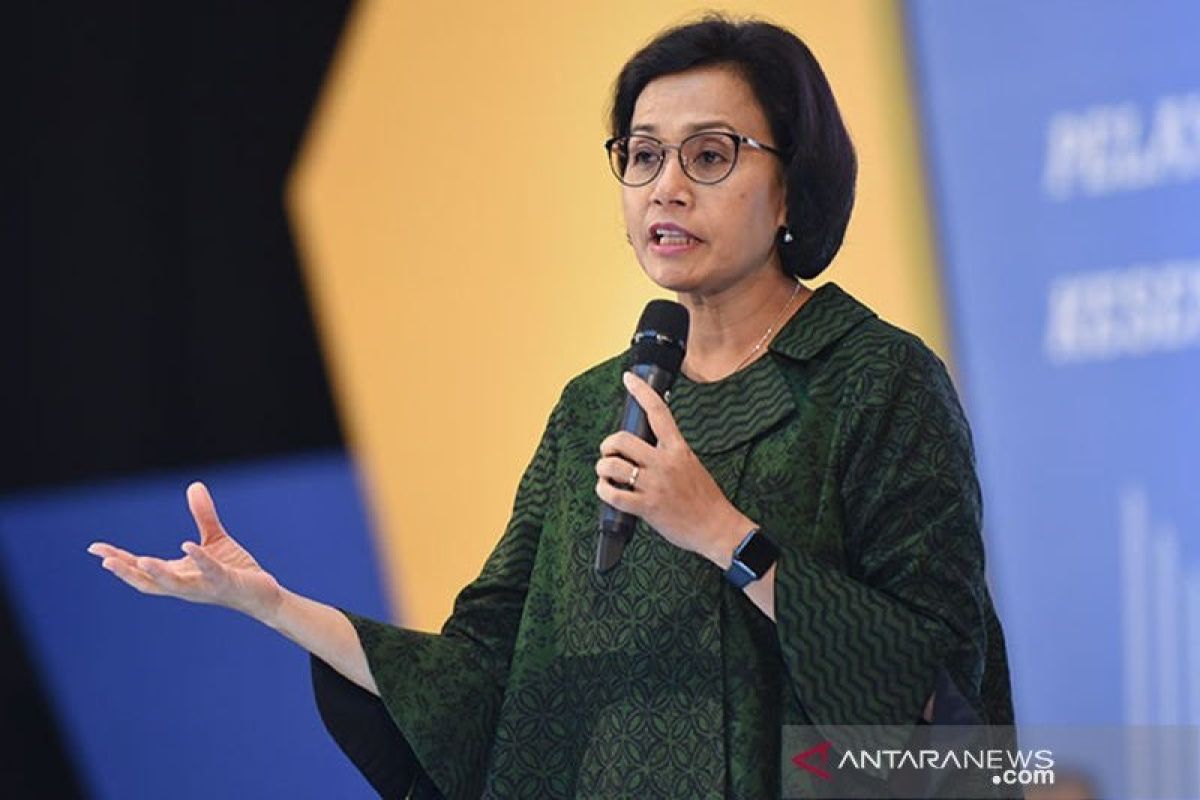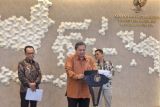"This transition is very costly at a time when public financing in many countries is currently channeled to dealing with the pandemic," Indrawati remarked in her speech at the 2021 International Monetary Fund-World Bank Group Spring Meeting (2021 IMF-WBG Spring Meetings) held virtually on April 5-11, 2021.
Hence, the minister called for realization of the obligation of international support to developing countries amounting to US$100 billion annually as mandated by the UNFCCC and the Paris Agreement.
In a statement on Wednesday, the minister also emphasized that developing countries should come up with innovative sources of financing, for which a global market and price mechanism should be created to reflect the real value of carbon emissions.
This is deemed necessary in order to realize financial innovation products in developing countries, such as the Conventional Green Bonds or Sharia Green Bonds or Green Sukuk, with appreciation at the right price value.
For Indonesia, the government has mobilized innovative financing instruments, such as the issuance of Green Sukuk since 2018 to fund climate change action and support targets of the Sustainable Development Goals (SDGs).
The government has also set up the Environmental Fund Public Service Agency (BPDLH) to manage environmental financial resources and facilitate the development of trade and carbon pricing.
Indonesia is currently preparing a regulation on carbon pricing to serve as a guideline in formulating domestic policies and an institutional framework for setting carbon prices.
The minister remarked that transitioning to the green economy will have implications for financial stability and inclusion, so it is necessary to prioritize green financing instruments in the financial system.
Moreover, financial institutions should implement strong risk management supported by comprehensive information to assess climate-related risks.
EDITED BY INE







